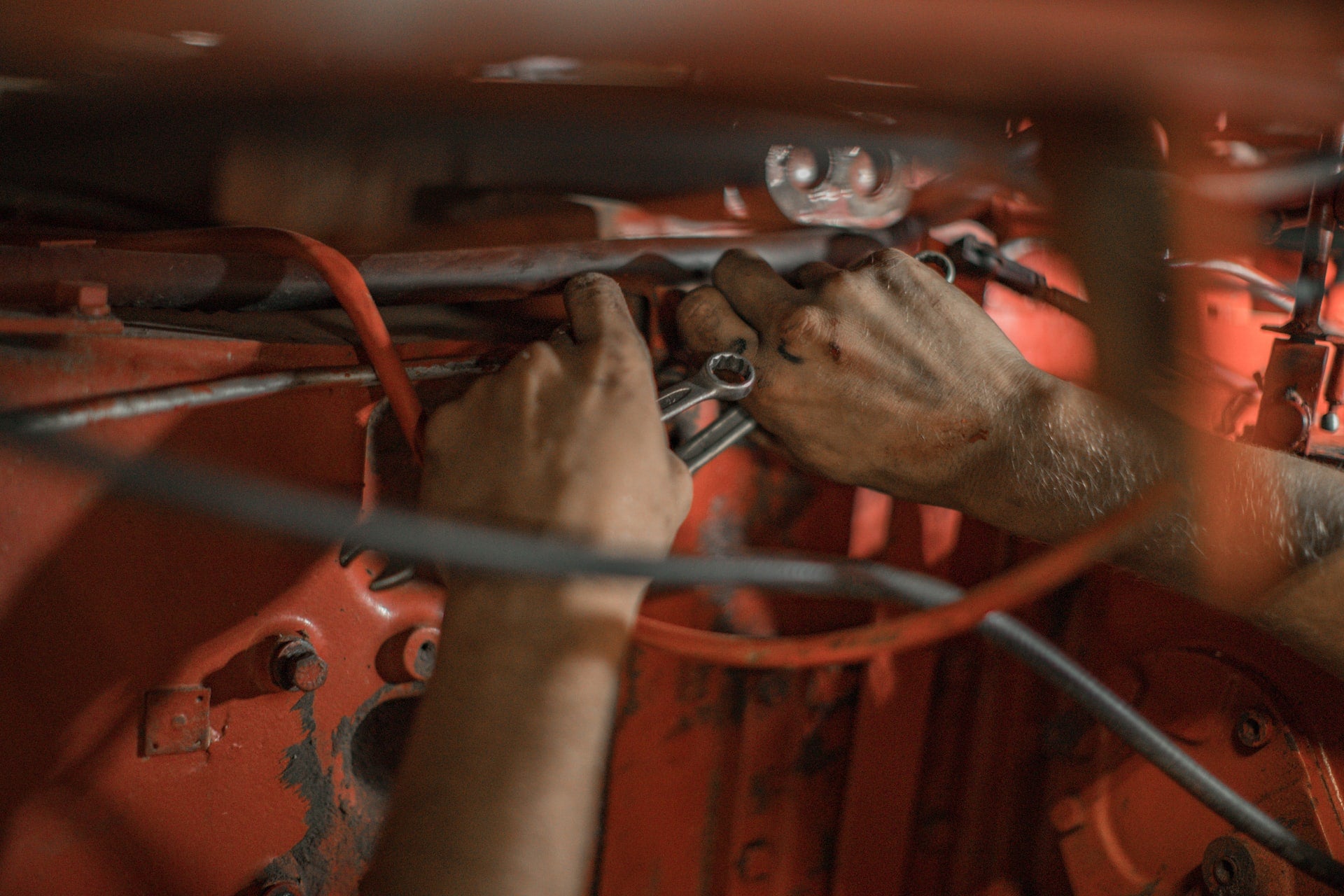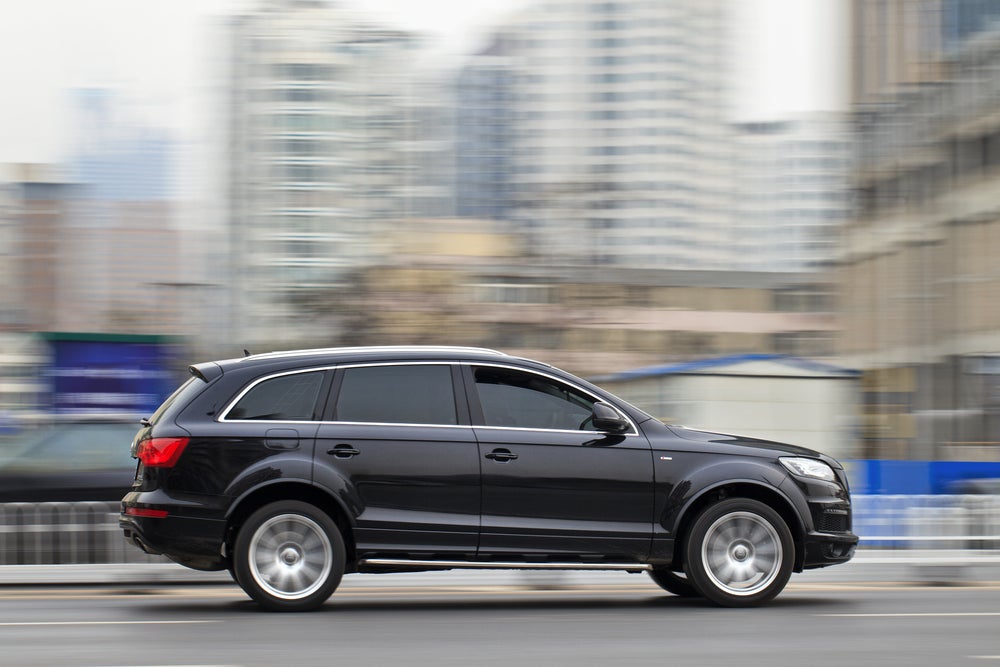
Almost nine out of 10 (89%) drivers agree with a new Government proposal to extend the first MOT test on cars from three to four years, new research shows.
The vast majority (71%) say that modern cars remain safe up to four years old without being tested. Interestingly, reducing costs does not seem to be a major motivation with only 36% saying it would lead to savings for motorists.
Paul Burgess, CEO at Startline Motor Finance, said: “There’s clearly overwhelming public backing for this move, according to our findings. This puts the public very much at odds with the motor industry, which generally believes that a three year MOT is essential and has been very vocal in criticising the idea.
“It’s striking that only around one in three people say that the cost of the test is a factor in backing the government’s proposal. It appears that drivers simply have a high degree of confidence in the ability of modern cars to resist any kind of treatment, believing that major faults are unlikely to arise by extending the test for a year.”
Just 10% of those surveyed in the Startline Used Car Tracker think that the extension of the test described in the consultation – which ends tomorrow (March 22) – would affect road safety.
Paul added: “From a corporate point of view, we very much agree with this 10%. While many cars fly through their three year MOT test and are still very much in a roadworthy condition when they pass the four year mark, others don’t.
“You can talk to almost any motor mechanic and hear horror stories about what they have found when they have put cars up on the ramp for their first MOT – from failed suspension parts to tyres with literally no tread. It’s worth remembering that many cars of this age, especially those used on business, have covered a substantial number of miles.
“The MOT test plays a part in taking dangerous cars off the road that are a risk to not just their driver and passengers but all road users. It will be very interesting to hear the results of the government consultation.”
Read More: ChatGPT in vehicles could leave cars vulnerable to hackers, experts warn






